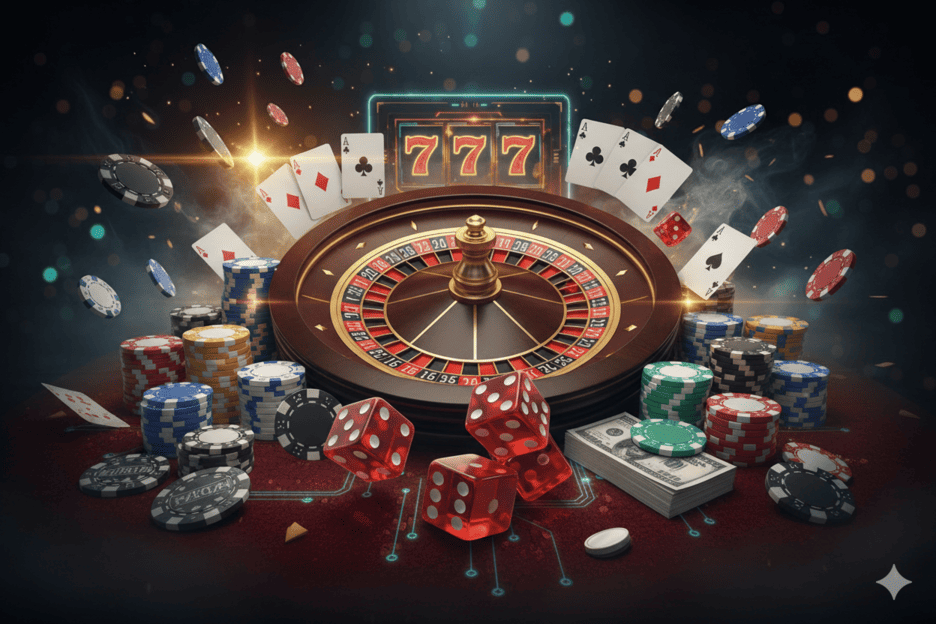As someone who has spent over a decade on the inside of the online gaming industry, I’ve had a unique vantage point on the vast and diverse spectrum of people who engage with our products. From high-flying executives to students on a tight budget, the world of gambling online is a microcosm of society itself. One of the most persistent, sensitive, and critically important questions that our industry grapples with is the relationship between socioeconomic status and gambling behaviour. The question is often put bluntly: “Do poorer people gamble more?” It’s a loaded question, one that is often underpinned by stereotypes and simplistic assumptions. From my position, where I see not just the broad data but also the human stories, and where my role involves a deep commitment to responsible gaming, I can tell you that the answer is not a simple “yes” or “no.” It is a profoundly complex issue that lies at the intersection of economics, psychology, and social policy. In this article, I want to tackle this question head-on, not with defensive marketing spin, but with an honest, nuanced, and data-informed analysis. We will explore what the academic research actually says, dissect the powerful psychological drivers that can make gambling particularly appealing to those in financial distress, and discuss the immense responsibility we as operators have to protect the most vulnerable in our society.
Deconstructing the Question: “More” in What Sense?
Before we can even begin to answer the question, we must first break it down. When we ask if poorer people gamble “more,” what do we actually mean?
